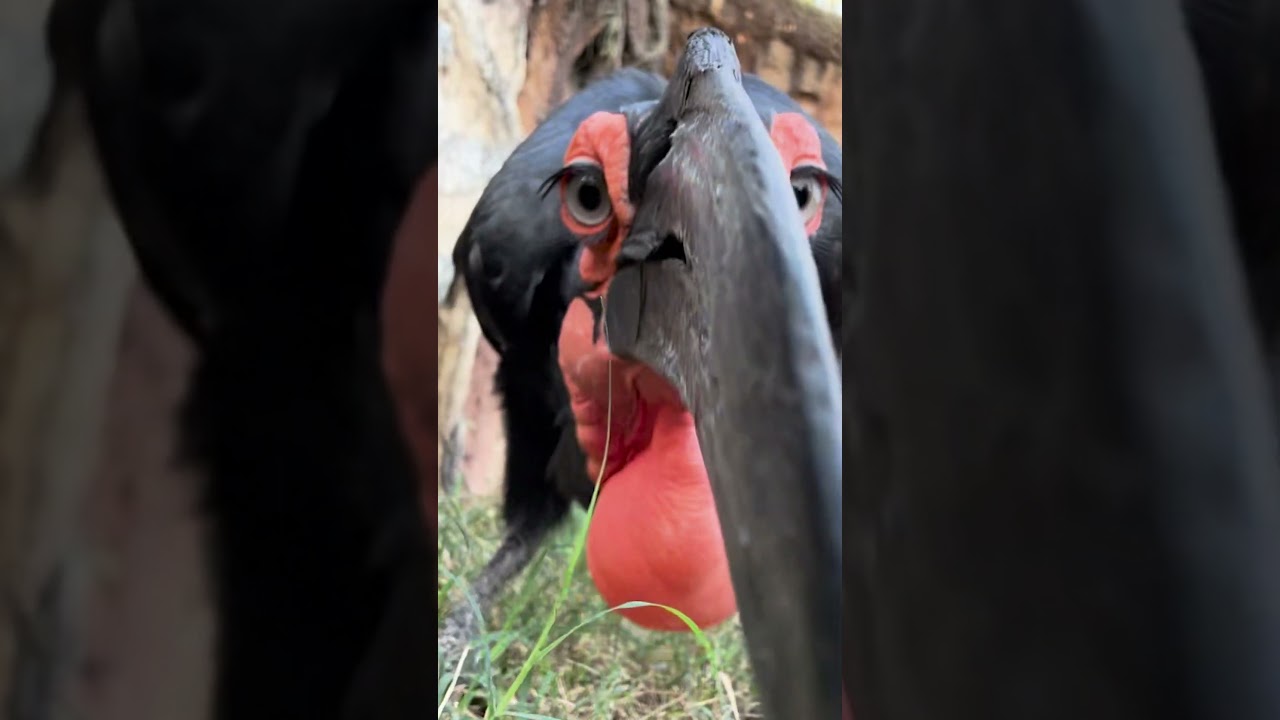- Explore the ecological significance of hornbills and their role in forest ecosystems.
- Trace the history and evolution of Love Hornbills Day as a conservation initiative.
- Highlight specific conservation challenges that hornbills face globally.
- Discuss zoo management practices in support of hornbill conservation efforts.
- Emphasize the educational value and advocacy efforts associated with Love Hornbills Day.
Love Hornbills Day is a celebration dedicated to raising awareness about hornbills, their ecological significance, and the conservation efforts necessary to protect them. This annual event serves as an educational platform for both zoologists and wildlife enthusiasts. Hornbills are more than just charismatic birds; they are integral players in maintaining the health of tropical forests. Understanding their role is essential to appreciating why their conservation is urgent.
Hornbills are crucial for seed dispersal in tropical forests, playing a vital role in ecological balance. Their diet primarily consists of fruits, making them significant agents in seed dispersal across wide areas. By consuming fruits and excreting seeds in different locations, they promote plant regeneration and forest diversification. This natural process aids in maintaining the genetic variability of plant species, which is essential for resilient forest ecosystems.
Love Hornbills Day originated as a response to the challenges hornbills face due to habitat destruction, hunting, and the illegal wildlife trade. Originally started by conservationists in Southeast Asia, this day seeks to engage the public and garner support for hornbill conservation. Over the years, it has grown from a local initiative to an international observance, reflecting a global recognition of the importance of protecting these birds.
One major threat to hornbills is deforestation, driven by logging and agricultural expansion. This leads to habitat fragmentation, making it difficult for hornbills to find suitable nesting sites. Hornbills are cavity-nesters, relying on large, mature trees to nest. The loss of such trees directly impacts their reproduction rates. Furthermore, hunting for their casques and feathers exacerbates their vulnerability, pushing certain species closer to extinction.
Effective zoo management practices play an important role in hornbill conservation. Zoos and wildlife parks act as genetic reservoirs for hornbills, providing a controlled environment for breeding programs. By maintaining healthy breeding populations, zoos contribute to the stability and genetic diversity of hornbill species. In addition, zoos are instrumental in research initiatives aimed at understanding hornbill behavior, diet, and health. Such knowledge is pivotal for developing effective in-situ conservation strategies.
Love Hornbills Day is not only about celebration but also about education and advocacy. Events hosted on this day typically include seminars, workshops, and interactive sessions that educate the public about hornbill ecology and the threats they face. These initiatives aim to foster a deeper understanding and appreciation of hornbills, encouraging community involvement in conservation efforts. Public engagement is enhanced through storytelling and multimedia presentations that highlight success stories and ongoing challenges in hornbill conservation.
The educational component of Love Hornbills Day is crucial. By highlighting the relationships between hornbills and their habitats, conservationists can illustrate broader ecological principles, such as interdependence and biodiversity. These educational efforts are not confined to formal events but extend through social media campaigns and collaborations with educational institutions. By raising awareness continuously, Love Hornbills Day helps build a new generation of conservation advocates equipped with the knowledge to protect wildlife and ecosystems.
In summary, Love Hornbills Day brings together zoological science, conservation action, and public education to address the challenges facing hornbill populations. By emphasizing their ecological importance and promoting targeted conservation measures through responsible zoo management and public advocacy, this initiative seeks to secure a future where hornbills continue to thrive in their natural habitats.
*****
Source Description
❤️ It’s “Love Hornbills Day” at Zoo Knoxville! Today, we’re showing some extra love for our incredible Southern Ground Hornbills—one of the most unique and charismatic birds in the animal kingdom! Come by and get an eye-full of these amazing birds!


